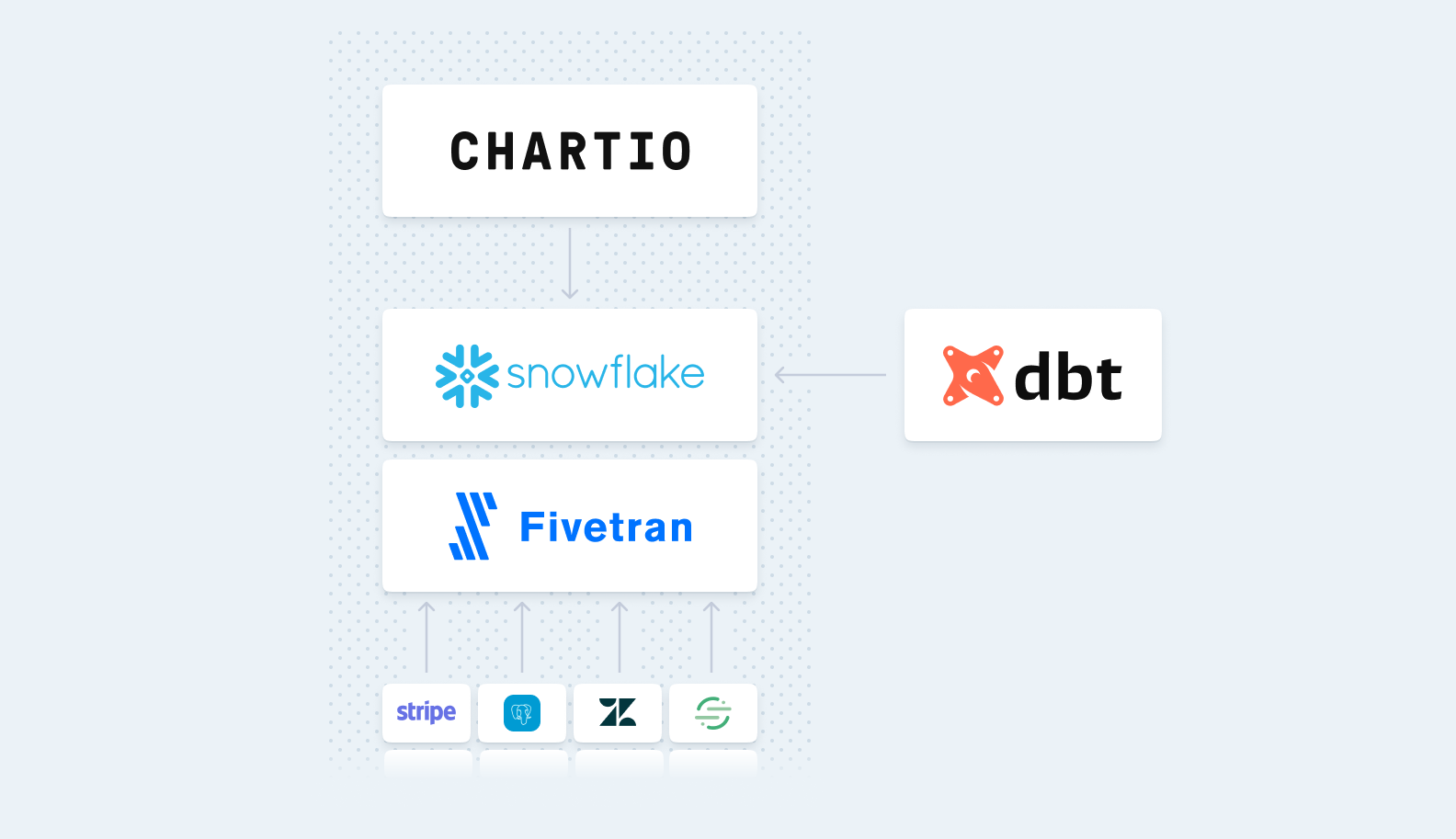Leveraging Your Data Warehouse as a Competitive Advantage
Posted by on August 31, 2016 Data Analytics, Data Governance
Today’s ultra-competitive business landscape requires companies to be agile and provide the best service on the market. Luckily, today’s leading companies are collecting more data than previous decades and those with the competitive advantage are using that data to beat the competition.
As a refresher, data warehouses are optimized to analyze data by turning massive amounts of data into analytics that are easy to understand and interpret. Since a data warehouse provides a separate environment from an operational database, it is able to run a large volume of analytical queries.
In this blog post, we’ll walk through the advantages in using a data warehouse for analysis and how data warehouses are a competitive advantage to the overall business.
The Benefits of a Data Warehouse
Beyond wanting to meet their goals, business also want to beat their competition. To accomplish this, ultimately, you need to make better business decisions than your competitors. A data warehouse can facilitate this win.
Once a data warehouse is integrated into your data strategy, the positive impact will be immediate. Since a data warehouse is solving the on-going problem of combining data from disparate data sources and blending it together in one centralized location, you can then convert that data into actionable information.
The immediate and long-term benefits of a data warehouse include:
-
Separation from operational systems: specifically designed to analyze data
-
Cost effective: even though you’re investing in a new system, data warehouses offer moderate pricing for long-term data storage
-
Available for queries: because you don’t have to run queries on your operational database, data warehouses are solely available for queries
-
Associated with defined periods of time: since it’s so cost effective to store data on a data warehouse, you can keep historical information intact and organized
-
Static: or a non-volatile system that is typically read-only and append-only
These are all benefits in investing in a data warehouse because it allows you to perform analyses on company data and allows your company to have access to insights in a reliable and fast manner.
Data Warehouses Provide Better Analyses
Let’s recap what we’ve learned so far about data warehouses. Unlike a database, which is focused on users inputting data, a data warehouse is architected for decision-making, ad hoc queries and analytics. Thus, enabling queries to be performed without any impact to your company’s operational database. Additionally, data warehouse are made to store large volumes of historical data, often spanning a few years back while still being able to quickly query data.
Understanding what types of analyses can be performed on your data warehouse is crucial in using the analytical system to its full potential. A data warehouse can perform the following:
-
Enhanced Business Intelligence: in combining data from multiple data sources, your analyses will benefit by getting a complete view, whether it’s marketing conversions or product usage
-
Data Quality and Consistency: everyone in the company will get data from one source, providing a single source of truth which accelerates decision-making
-
Improvements Across the Organization: Track, manage and improve performance at the company and more granular departmental level
-
Better decision-making: no one has to make business decisions based on incomplete or limited data—or worse intuition alone. Decision makers will be able to view dashboards in real-time and make decisions based on data
-
Access to data: With faster access to data, your company will be able to make decisions ahead of the competition
Because data warehouses are designed to perform analysis, it enables users to ask questions and iterate on results. Refining a product, sales process or marketing campaign is beneficial to competitive companies. And so, if analyses performed on a data warehouse can provide intel into that—it’s a no-brainer to segment your data system into a database and data warehouse.
The Competitive Advantage
Competitive companies want to make decisions fast, without compromising their product and churning customers. Rather than making decisions based on intuition, companies can leverage their data warehouse as a competitive advantage.
Earlier in this blog post, we discussed the benefits of the data warehouse and the theoretical types of analyses that it can perform. As data warehouses have the ability to blend multiple data sources such as CRM data, application data and historical data, it has the unique ability to show a complete picture of customers and prospects. And companies need to leverage the power of their data warehouse and analytics tool to its full advantage.
Here are a few instances where surfaced insights can be used as a competitive advantage:
-
Tracking Annual Recurring Revenue (ARR): a straightforward, number-driven metric that calculates the value of recurring contracts at an annual rate
-
Monitoring and modify marketing campaigns: data can suggest where efforts can be improved for optimal performance
-
Identifying account health: data can proactively reduce churn, keeping customers away from the competition
-
Optimizing operations: in looking at data, the Operations team can identify opportunities to improve business efficiencies
-
Increasing product usage: the Product team can improve the product by seeing where users are spending the most and least amount of time
With better data analysis, competitive companies can refine their product, Sales and Marketing messaging and reduce customer churn by creating a holistic product that customers gravitate towards.
Conclusion
Of course analyzing data alone isn’t the silver bullet to beating the competition. But, consolidating data into a data warehouse is a competitive advantage in surfacing insights. Ultimately, producing better business decisions that lead to company success.


